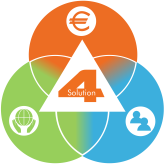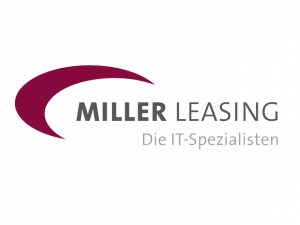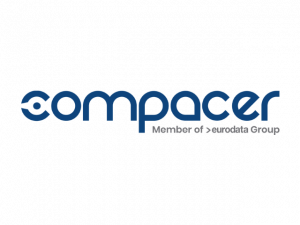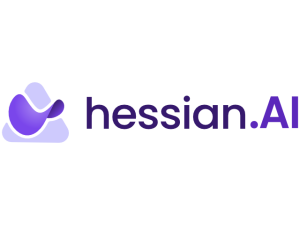AEP supports and links all operational sub-plans at company and Group level with regard to the calculation of GHG emissions, pollutants, waste, etc. and summarizes these in the eco-perspective in the form of GHG footprints and life cycle assessments as well as legally required CSRD/taxonomy reports.
Green Data Warehouse
Future regulatory requirements for SMEs in the course of sustainability management and reporting
Increasing regulatory intervention and social change will make the demands on corporate management considerably more complex in the future. The previously purely economic management perspective is being expanded to include other perspectives such as ecology and social issues. This makes it essential to integrate performance-based process planning and account-based financial planning into companies’ planning and management models. Furthermore, corporate financing will depend directly on ESG ratings in the future. The basis for this is created with the EU taxonomy.
The CSRD covers a much wider range of companies than the current “Non-Financial Reporting Directive” (NFRD). As a result of the CSRD, significantly more European and non-European companies are obliged to report on sustainability. The CSRD is binding for all companies listed on a European stock exchange, including small and medium-sized enterprises. Non-listed EU companies must also publish ESRS-compliant sustainability reports if they fulfill two of three CSRD-relevant criteria. These are the employment of more than 250 employees, a turnover of more than EUR 40 million and/or a balance sheet total of more than EUR 20 million. This results in around 50,000 companies affected by the CSRD, covering slightly more than 75 percent of the turnover of European companies.
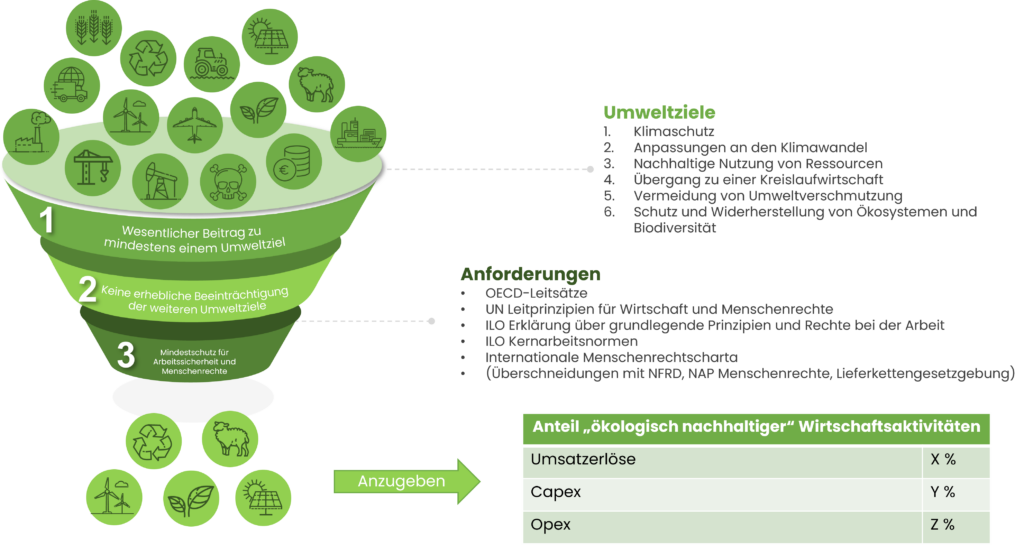
European Sustainability Reporting Standards (ESRS)

Some companies do not yet understand that the EU’s regulatory reporting requirements are not limited to historical data.
Rather, concrete goals, plans and measures on sustainability issues need to be developed, which requires anchoring in the strategic and operational planning processes. Until now, there was a lack of software systems that could efficiently combine the data, methods and functions from ESG, ERP, financial performance, HR and (carbon) accounting systems into a single overall planning model without media disruptions.
AEP systems offer precisely this holistic approach and enable companies to cover all dimensions important for controlling, planning and reporting on a single platform and thus meet the challenges of multidimensional corporate management.
Please enable external cookies to watch this video.
